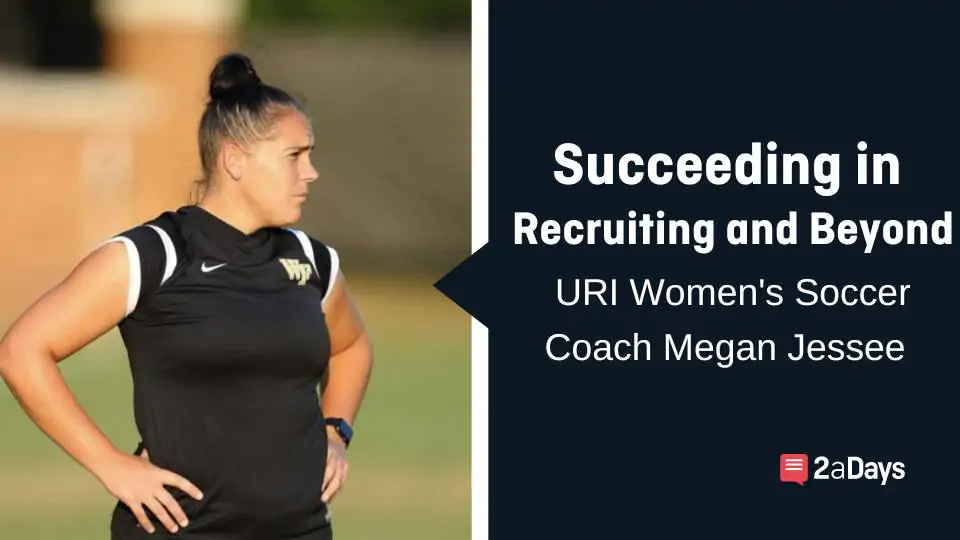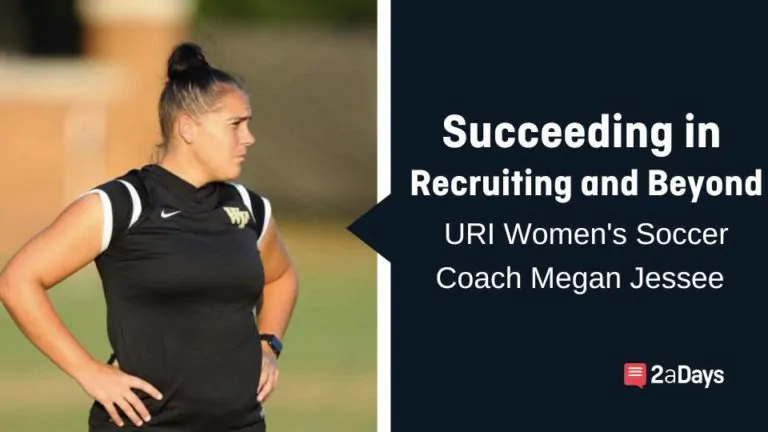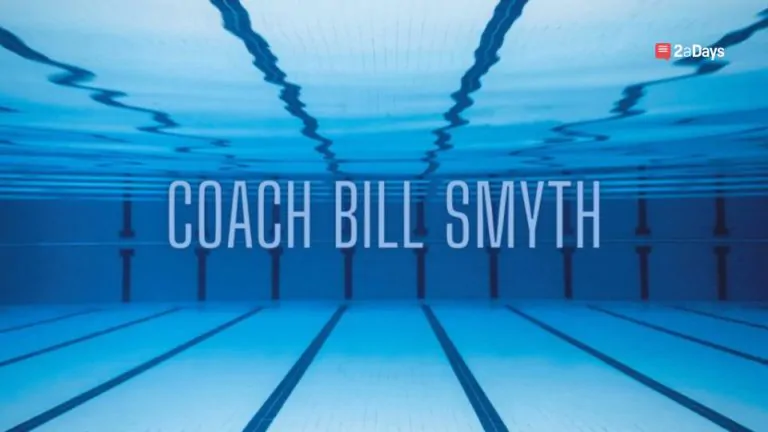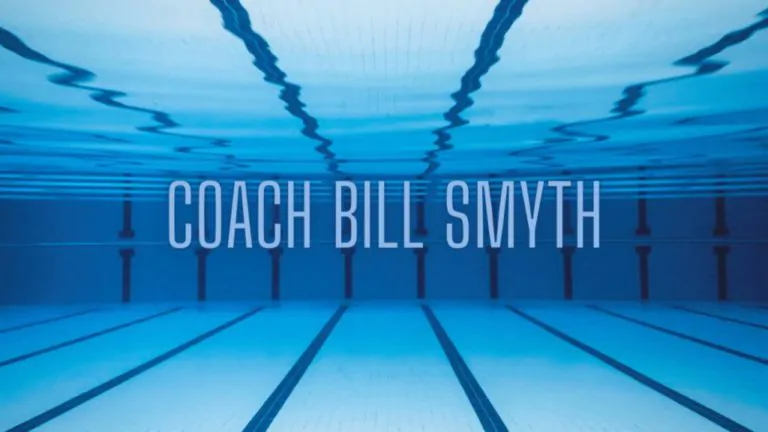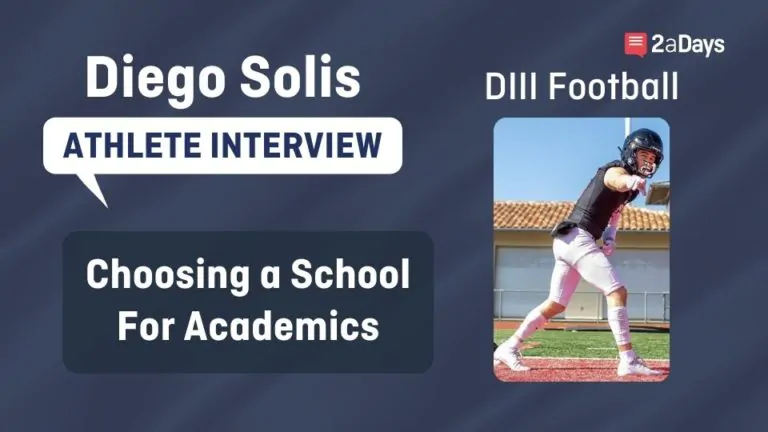Megan Jessee is the head coach for the University of Rhode Island women's soccer team where she has been coaching for about six years. This is her first head coaching job but before URI, she spent nine seasons as the goalie coach at Wake Forest. During her time there, Coach Jessee helped guide Wake Forest to the 2010 Atlantic Coast Conference team title and six NCAA Championship appearances. She also worked with the Demon Deacon goalkeepers, totaling 86 shutouts during her tenure, including 15 shutouts in 2009 and 14 in 2011, which were the two highest totals in school history. Besides coaching at the collegiate level, she also coached for the Connecticut Olympic Development Program, the FSA Soccer Plus Football Club, Soccer Plus Camps, and the Region 1 ODP Girls Soccer Camp.
Needless to say, Coach Jessee knows her stuff. Here's her take on how you can crush your recruiting goals.
2aDays: What are the three key characteristics that you look for in potential recruits?
Passion for soccer, a competitor, blue collar work ethic, and a serious student.
Related: Talking to a Coach: 5 Questions to Ask as a Soccer Recruit
2aDays: What are the best ways for a recruit to get on your radar, and how should a potential recruit reach out to you and when?
I believe that as soon as a potential recruit has an interest in a school, they should start reaching out through email. Understand that we cannot directly contact a recruit until June 15 after their sophomore year, [but] most of us will respond with camp information and our questionnaire. Within the email, it never hurts to attach a video. These videos act as a good introduction to a player. If there are a few schools you are interested in, it never hurts to attend an ID camp either at that particular University or one that the coaches of a particular university are attending. The key is being proactive and contacting coaches yourself directly. The other resource to use is your club coach and/or director of coaching for the club. These coaches can reach out directly to college coaches and get a feel for what they are looking for in a particular class.
2aDays: Which events would you recommend that a potential recruit attend if they want to get noticed by you?
Here at the University of Rhode Island, we spend a lot of time at DA & ECNL events. However, that is not the only event we attend. If you are in the Northeast, we do get out to a number of events to see clubs that are non-DA/ ECNL. The truth is that it changes every year based on whom we are recruiting. In terms of ID camps, I believe they are a good idea if you have a lot of interest in a particular school. The best thing to do once you are allowed to communicate with a college coach directly is to ask them what events they will be attending.
2aDays: How would you describe your coaching style?
I have very high standards for my team and individual players that make up my team. I am very honest with my players. With that being said, I love to work with players and teach the game. I preach consistent work and improvement. My goal is to teach the game so that the players develop into the best possible players they can be. I believe in preparing for practice and games so that once games start, players have all the tools to be successful.
Related: Recruiting FAQ's: How Important is a College Team's Style of Play in the Recruiting Process?
2aDays: What GPA/SAT/ACT scores do you recommend that high school athletes shoot for if they want to play for URI?
The average freshmen admitted in 2018 was GPA- 3.53 unweighted, SAT- 1182 & ACT -25
2aDays: What are some things a player can do to prepare themselves to succeed in college athletics both physically and/or mentally?
Physically, a player needs to understand that the demands in college are much greater than high school and club. Therefore recruits need to put in more work off the soccer field on fitness and strength. This becomes just as important as the technical and tactical parts of soccer. Mentally, they need to have an open mind and realize that they are coming into a much more competitive environment than they have ever been in. Accept that adversity is going to happen. Embrace the adversity and the lesson that you can learn from it. It will make you a much better player and person.
Related: Collegiate Athletics: My Preparation and Experience
2aDays: What are the most common struggles and adjustment issues that athletes deal with when they arrive on campus for the first time? How does the school help?
The first time my players arrive on campus is for pre-season. For some players, it's the first time away from home. You are stepping into an intense environment, physically and mentally. However, they are not alone as they have their fellow freshmen to experience this with and lean on for help. It is also an exciting time because players will be experiencing a whole new soccer level and many other firsts. The truth is that every player transitions differently. Players should understand that their transition is unique to them and not worry about how quickly other players transition to the level.
We are in pre-season for about four weeks before school starts. This helps our players get comfortable on campus before academics are added. Once classes start, it puts us on a more regular schedule. It usually takes our freshmen a couple of weeks to figure out everything. Our academic advisor helps the freshmen with the transition. We also have the freshmen in 6 hours of study hall a week. This helps them transition to college academics.
2aDays: Academic troubles, unfortunately, happen. If one of your players is having difficulty, what type of academic support system does your school have?
Academics are a major priority on our team. Although a lot of our student-athletes find a lot of success in the classroom. There are always a couple that struggle. We offer a number of resources for them to get back on track and untimely be able to be successful in the classroom.
- Team Academic Advisor – We have a great advisor that works with all our players to make sure they are doing well in their classes. He gets class updates, helps with tutors, and is a great resource for players on a daily basis for all their academic needs.
- Study hall – We require student hall hours for our freshmen, but occasionally upper-classmen are required to do them as well if they are struggling in the classroom. The structure that the study hall provides is sometimes what players need to help them with time management to get all their work done.
- Tutors – we have a number of tutors across many majors and subjects available to our student-athletes.
- Campus Resources– The University of Rhode Island has a lot of academic help resources on campus. We spend a lot of time informing and teaching our student-athletes where and what these resources are. Therefore when they are struggling, they know where to go for help. Resources include Professor office hours, writing centers, and departments have study groups for specific classes. This is just a few of the many resources available.
Related: 5 Reasons Grades are Important as an Athletic Recruit
2aDays: Do you take on walk-ons, and if so, how should a high school athlete start this process?
We do take walk-ons. However, we spend a lot of time recruiting, so most of our players are recruited to the university. For players who attend URI, we do offer a walk-on try out every spring for any interested URI student.
2aDays: What advice do you give to the college athletes who think they should be playing, but you know they are just not quite there?
Players need to remember that the college level is extremely competitive. Every player is coming from an environment where they were the best or one of the best players. At the end of the day, only 11 players can play at a time on the field. So, there are a couple of pieces of advice I would give.
- Before you even decide where you are going to play in college, you need to understand the player you are and what level is realistic to your level of sport-specific skill and athleticism.
- Once you are in college, you need to be able to take constructive criticism and have an honest conversation with your coach.
- I also hear a lot of, “I am never given a chance to prove myself.” The truth is every practice you have a chance to prove that you can help this team win. If you do not stand out in practice for good reasons, which is a comfortable and controlled environment, the chances of you doing it in a game are minimal.
- Being fit is necessary for performing at a high level, consistently. Players come up to me all the time asking me why they are not playing. Yet they have never come close to passing the fitness test. Players need to be prepared and self-motivated to do the work.
2aDays: Do you and your coaching staff look at a potential high school recruit's social media? If so, what are you looking for?
We do occasionally look at potential recruits' social media. It is another tool that helps us get to know our potential players more. You can tell a lot about a player's good and bad from their social media. It is a pretty good indication of what they will be like in our environment.
2aDays: For college athletes who can't seem to get off of the bench, what advice can you give them?
I would have an honest conversation with your coach. Things you should talk about:
- Is this level right for you?
- What do you want for the remainder of your college soccer experience?
- Do you still love being a part of the team in your current role?
Once you have these conversations, then it is up to the player to determine what they would like to do. Continue playing on the team in your current role, walk away from the team, and be a regular student at the university or transfer somewhere else.
2aDays: What key ingredients make a coachable athlete?
Willingness to learn and improve, work ethic, open mind, passion for the sport.
Have an idea for a story or a question you need answered? Want to set up an interview with us? Email us at [email protected]
* Originally published on January 26, 2023, by Jaileen Goncalves
